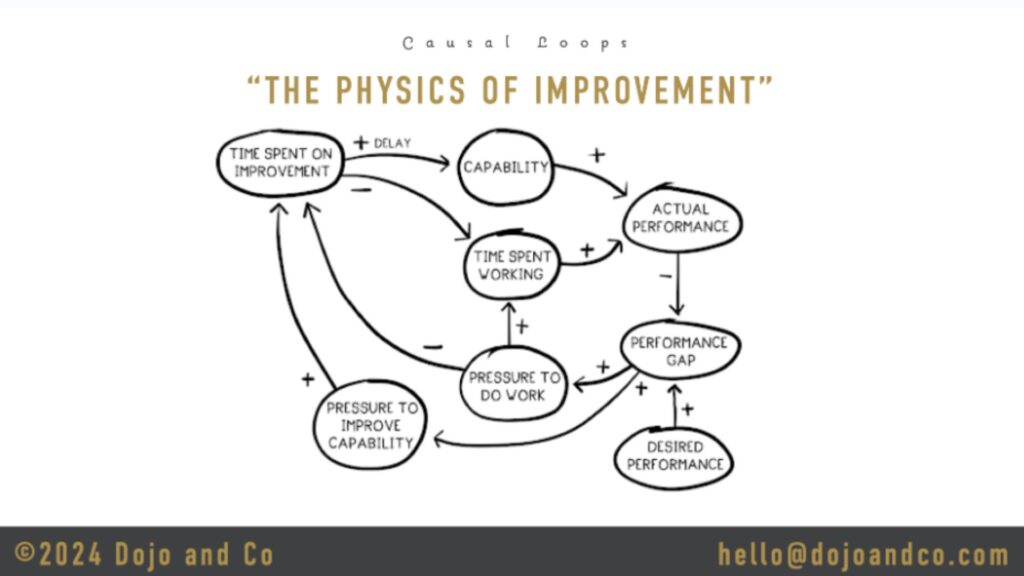Think about your company and all the knowledge your team members possess.
Now, think about what may happen should one of those team members leave.
Is your organization prepared to fill that gap, or can the exodus of specific team members drastically impact your organization’s knowledge base?
This knowledge base is what we call your institutional knowledge — aka, the information that is codified and shareable between your team members.
A strong approach to institutional knowledge can ensure you always have access to the vital information you need, while a weak approach can lead to challenges if key team members leave without first adding their insights to the institutional knowledge base.
So, how can your organization establish the ideal strategy for creating and leveraging institutional knowledge? Let’s take a look at the specifics and discuss.
What is institutional knowledge?
Institutional knowledge is your organization’s collective understanding of your team, company, and overarching business objectives. This type of knowledge is incredibly important to establish, as it gives everyone within the organization a thorough understanding of both the business and each other.
Although there are many different and unique types of knowledge an organization can leverage, institutional knowledge can generally be divided into three sub-types:
- Explicit Knowledge: Explicit knowledge refers to knowledge gained through tangible means, such as business documentation or instruction manuals. This type of knowledge lays out clear definitions and process explanations that can be easily shared and referenced as needed.
- Implicit Knowledge: Implicit knowledge is a type of knowledge gained through experiences that are less tangible in nature. For example, implicit knowledge could refer to knowledge gained through conversations with a company mentor or instructor, rather than through documentation.
- Tacit Knowledge: Tacit knowledge is a type of knowledge that finds ways to codify and share implicit knowledge, transforming it into explicit knowledge. This type of knowledge is incredibly important to enable at an organizational level, as it ensures your workforce has equal access to both explicit and implicit information.
In any business scenario, all of these knowledge types have key roles to play in creating a strong institutional knowledge base. The key is to know when and how to leverage these types of knowledge for the benefit of your team.
How is institutional knowledge leveraged in the workplace?
When it comes to applying institutional knowledge within an organization, it is important to consider the many use cases that this type of knowledge can provide to your business. Effective application of institutional knowledge helps to greatly enhance your organization’s overall operational flexibility, as well as provide your team with a much higher level of educational support.
In workplace settings, institutional knowledge can serve many crucial purposes, such as:
- Improving Internal Communication: Institutional knowledge creates clearer lines of communication between your team members and various business departments. With the right approach to creating institutional knowledge, you can ensure each team member has a thorough understanding of business objectives, products, and services, regardless of whether they work directly on those aspects of business or not.
- Enhancing Team Capabilities: When leveraged correctly, institutional knowledge helps support your teams and give them the resources they need to succeed in all realms of business, from improving organizational unity to enhancing customer experiences. Moreover, having an extensive collection of institutional knowledge is the key to building effective continued learning programs that enable your team to learn in a way that is best for their individual needs.
- Facilitating Stronger Collaboration: Along with helping your team to communicate more clearly, institutional knowledge can also serve as the foundation for facilitating stronger collaborative initiatives between your teams. With the right opportunities to learn about the organization on both a broad and more niche level, your team members can benefit from a stronger working knowledge of business processes and operations in their collaborative efforts.
3 steps for centering institutional knowledge around team enablement
Creating an institutional knowledge base at your organization can be accomplished in several ways.
No matter what method you choose for your institutional knowledge strategy, your team should remain a priority within it. Think of creating an institutional knowledge base as a key resource and tool for your team to leverage in their day-to-day activities. Making team enablement a central focus and primary goal helps to make your institutional knowledge as accessible as possible for all team members.
With this in mind, here are three key steps to developing an in-house institutional knowledge strategy:
- Gather Feedback from Your Entire Team: To best examine the current status of your team’s knowledge level, it is vital to first gather feedback from as many team members as possible. Each of your team members has a unique perspective that can provide you with key insights into where your business is operating effectively and where more tribal knowledge sharing is needed. Plus, your feedback sessions can be crucial for identifying experienced team members who can later serve as mentors or instructors in a larger institutional learning program.
- Build Institutional Knowledge into Your Onboarding Process: For your institutional knowledge strategy to be as effective as possible, make sure it is available to your team members right at the beginning of their journey in your organization. Giving new hires the right opportunities to learn about your company’s various teams and areas of specialization during onboarding not only ensures they have a strong working knowledge of how the company operates but can also make it easier to identify pain points in the onboarding process that may inhibit continued learning and knowledge sharing down the line.
- Codify Knowledge to Create Scalable Learning Programs: Scalability is important in any type of continued learning program or institutional knowledge strategy — and the best way to achieve this scalability is by codifying your institutional knowledge. As we discussed earlier, tacit knowledge takes more abstract experience gained through hands-on participation within an organization and transforms it into shareable, codified information. This information can then serve as an essential building block for creating scalable learning programs that reference institutional knowledge without sacrificing individual team members’ learning preferences.
Unlock the full potential of institutional knowledge with PlusPlus
When it comes to institutional knowledge, PlusPlus offers the key tools you need to nurture your company culture and ensure business resilience.
Creating and utilizing institutional knowledge in the workplace is vital for not only increasing your operational flexibility but also for supporting a fully-enabled team. At PlusPlus, our team enablement platform helps enterprise companies and program managers establish a custom solution for gathering, codifying, and leveraging institutional knowledge.
The PlusPlus team enablement platform can help you to:
- Streamline Knowledge Processes: Our platform is designed to help you automate the most important tasks in your knowledge and learning process. Everything from scheduling meetings and sending reminders to gathering team feedback can be easily automated with PlusPlus.
- Simplify Scaling: PlusPlus is here to help you grow. Our product can be customized to your exact business needs, including all of the tools you need to create an effective learning environment and knowledge base as your business scales up.
- Maintain Agility: With PlusPlus’s flexible program management tools, your organization can adapt to change with ease and maintain a high level of agility. Not only can PlusPlus provide you with crucial support while creating institutional knowledge but we can also help you foster greater collaboration and skill development among your team members.
Book a demo with us today and find out how the platform for team enablement can redefine your organization’s programs.






